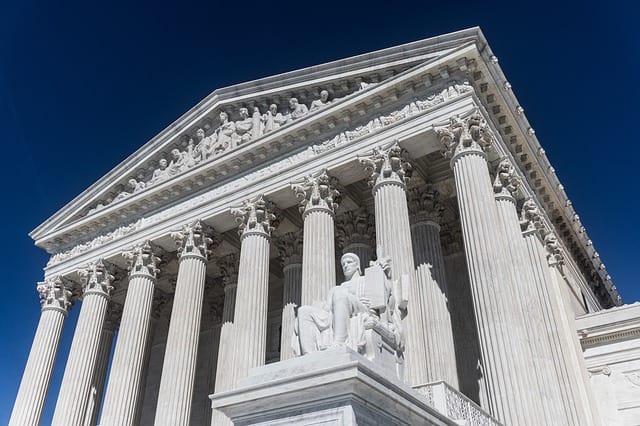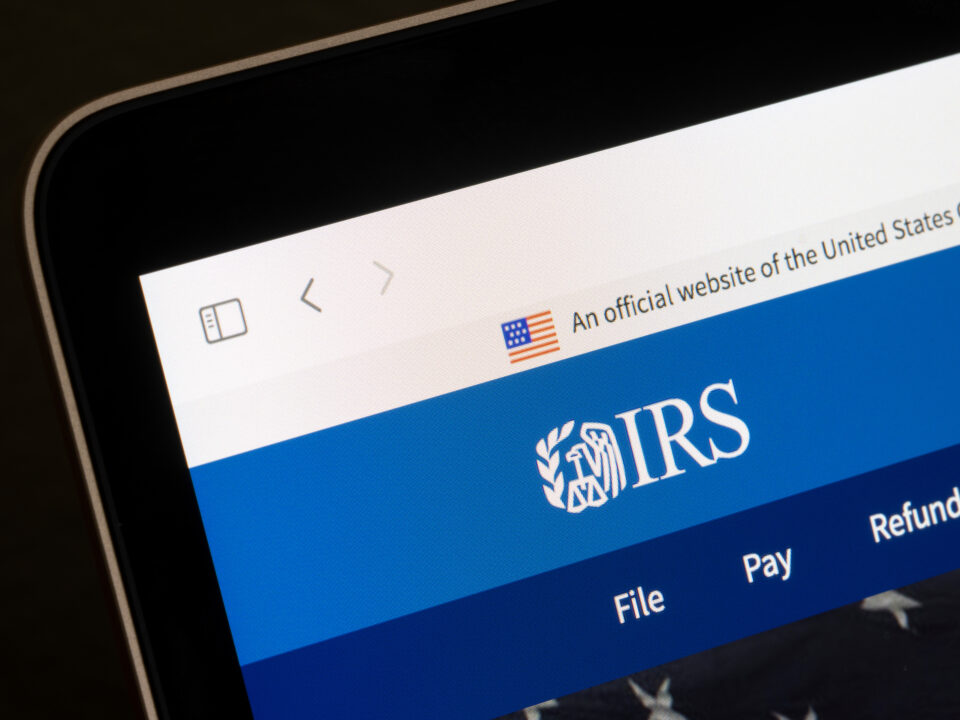HSA Contribution Limits for 2019
June 13, 2018Tax Breaks for College Expenses
August 23, 2018 The Supreme Court changed the landscape of online shopping Thursday, freeing state governments to compel retailers beyond their borders to collect sales-tax revenue from consumers and giving a boost to brick-and-mortar stores. With the boom in Internet commerce increasing exponentially, the court’s 5-to-4 decision could have an impact on millions of Americans almost immediately. For years, avoiding sales tax was a prime perk of online shopping.
The Supreme Court changed the landscape of online shopping Thursday, freeing state governments to compel retailers beyond their borders to collect sales-tax revenue from consumers and giving a boost to brick-and-mortar stores. With the boom in Internet commerce increasing exponentially, the court’s 5-to-4 decision could have an impact on millions of Americans almost immediately. For years, avoiding sales tax was a prime perk of online shopping.
States were the big winners at the Supreme Court. They previously were able to require only companies with a physical presence in their states to collect taxes, costing them an estimated $8 billion to $33 billion in uncollected taxes per year.
The losers could be large online retailers that had dodged collecting the taxes – Overstock, Wayfair, and Newegg were parties to the suit. Also, it could be small companies that say they are ill-equipped to comply with the requirements of more than 10,000 taxing jurisdictions across the country.
Neil Saunders, managing director of the research firm GlobalData Retail, predicted that consumers could pay as much as $15.2 billion a year in additional taxes. “The challenge for smaller players will be significant, and the concern here is that complexity could stymie innovation and entrepreneurialism,” he said. Sites such as eBay and Etsy, which serve as a marketplace for individual merchants and small businesses, said that having to collect taxes across the country would put their sellers at a disadvantage.
We will do our best to keep you posted as states begin issuing directives for complying with this new ruling.



